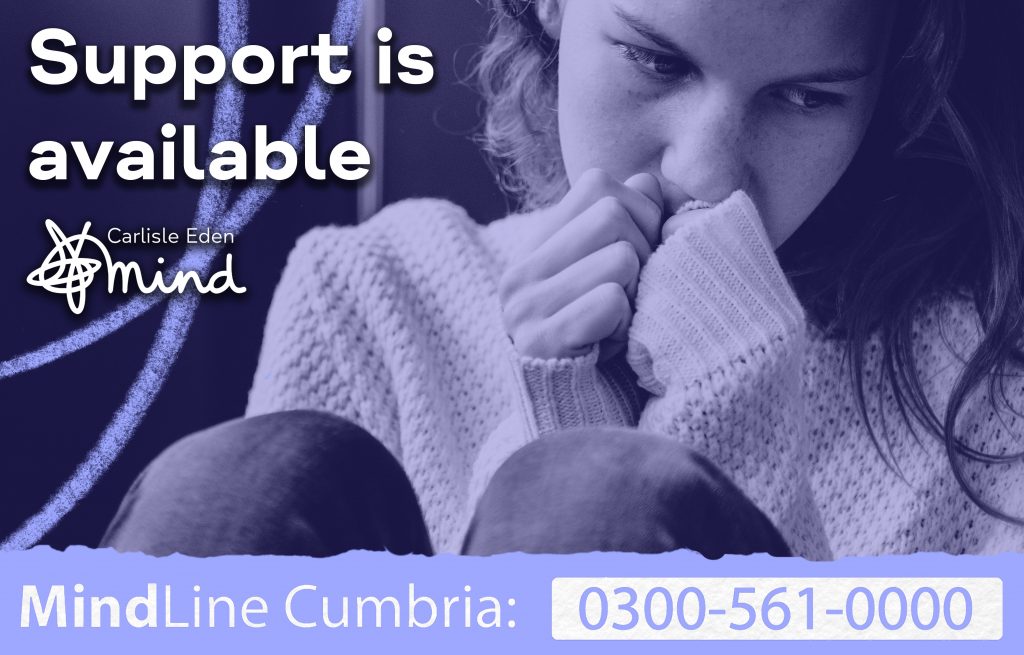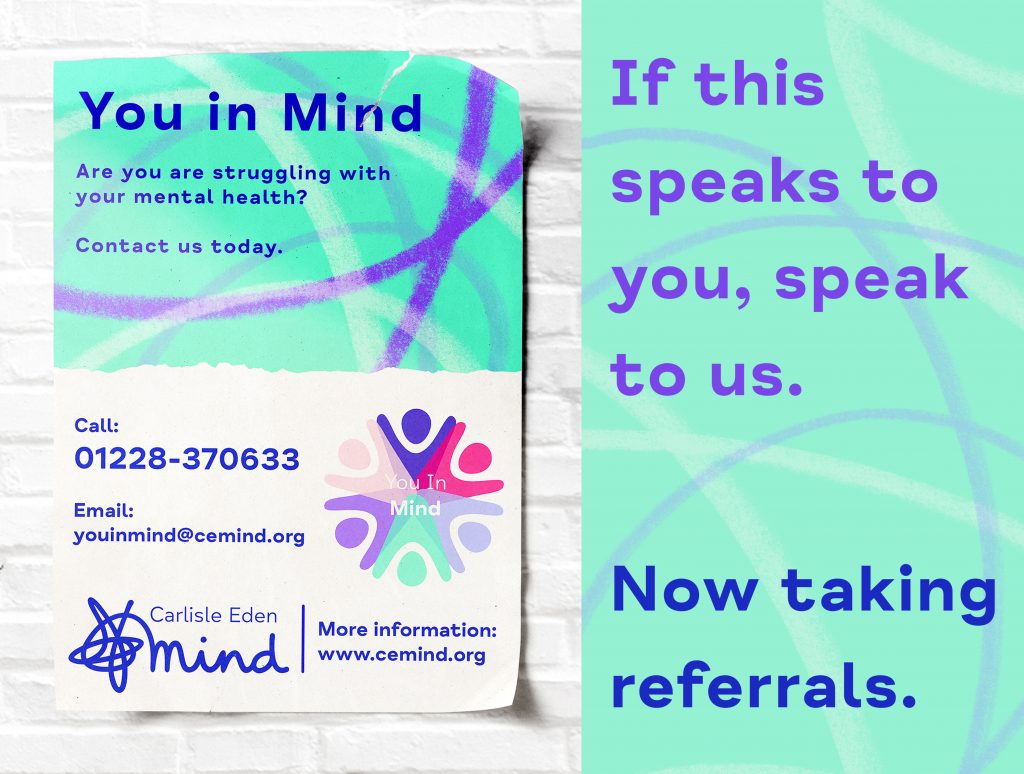According to new research, women who suffer domestic abuse are three times more likely than their peers to try to take their own life.
Those who have experienced sexual abuse within a relationship have an even higher risk of suicide, and are seven times more likely to have attempted to end their life.
Victims of abuse by a partner are also more than three times as likely to self-harm and at more than double the risk of having suicidal thoughts.

The findings come from an analysis by Sally McManus, a health expert at City, University of London, who undertook the UK survey of adult mental health for the charity Agenda Alliance.
A briefing by Agenda Alliance, based on McManus’s conclusions, said: “While this briefing does not establish a causal relationship between IPV (Intimate Partner Violence) and suicidality, it demonstrates that experiencing IPV can act as a precursor to suicidality.
It is concerning that some who die by suicide may be ‘hidden victims’ of domestic abuse, left uncounted and unrecognised.
McManus analysed the three most recent editions of the Adult Psychiatric Morbidity Survey, which asked 7,000 people aged 16+ in detail about their mental health, published in 2000, 2007 and 2014.
She examined the number of women who had experienced physical, sexual, emotional or economic IPV and those who had self-harmed, had suicidal thoughts or tried to end their life in the last year.
The key findings from this research show a clear correlation between domestic abuse and suicidal feelings among women. This unique dataset shows that women in the UK who suffer domestic abuse are more likely than those who have not experienced abuse to have made a suicide attempt or self-harmed, and the risk is even worse for victims of sexual violence within a relationship.
When a woman presents to services in suicidal distress it is likely that she’s a victim of domestic abuse
Sally McManus
Sally found that Women living in poverty, or who are unemployed, in debt or cannot work because of sickness or disability are also more likely to suffer IPV.
These findings show the long-term impact of abuse on someone’s mental health, and at its worst it can be fatal.
Any woman who needs mental health support should talk to their GP or local talking therapies service, where you can self-refer.
Specialist help is available for those who need it. NHS England also commissions sexual assault referral centres which provide a safe space and dedicated care for anyone who has been sexually assaulted or abused.
- MindLine Cumbria and The Lighthouse, evening crisis support are here for you. Call: 0300 561 0000 | Webchat is available via MindLineCumbria.org
- You in Mind, An alternative to crisis. If you are worried about your mental health you can call: 01228-370633 or email: youinmind@cemind.org
- In the UK and Ireland, Samaritans can be contacted on 116 123, or email jo@samaritans.org

Resource credits: The Guardian

















